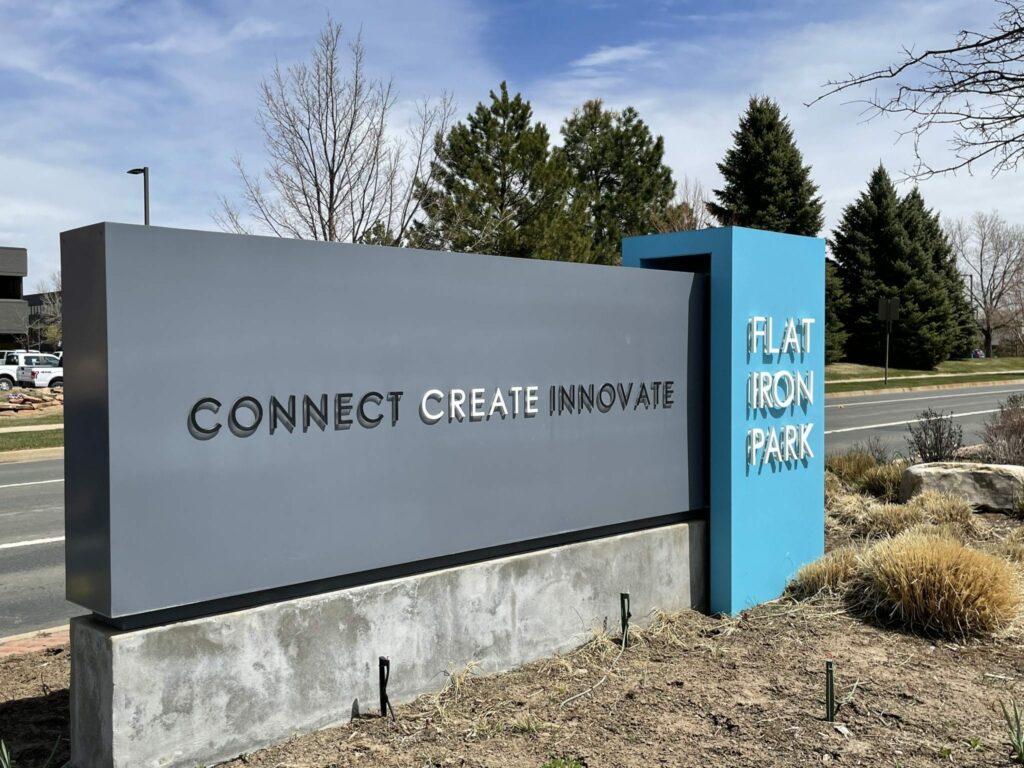Inscripta to close Boulder HQ, triggering ‘mass layoff’
BOULDER — Inscripta Inc., a genomic-editing platform born out of the University of Colorado, is shuttering its Boulder research and development hub and headquarters, resulting in “mass layoff’ for employees at the site.
The surprise closure — Inscripta has raised nearly a half-billion dollars in investment funding, including a $150 million in its Series E round closed last year — will result in the loss of 43 positions in roles that range from accountants, to scientists, to vice presidents of information systems and human resources, according to a letter provided this month by the company to state regulators in compliance with the Worker Adjust and Retraining Notification Act, or WARN, which requires companies with more than 100 employees to provide 60 days’ written notice before mass layoffs.
The layoffs, which Inscripta said are expected to be permanent, will occur in January, the disclosure said. None of the impacted employees are union members.
Inscripta, which has several outposts in California, also appears to be closing its San Diego operation, according to social media posts from laid-off or soon-to-be laid-off employees. Employees from Boulder and San Diego could be offered positions at Inscripta’s remaining facility in Pleasanton, California, media reports show.
The company did not immediately respond to requests for comment Monday.
Founded in 2015 by Andrew Garst, Ryan Gill and Tanya Warnecke with technology developed in CU labs, Inscripta last year moved its Onyx genomic editing platform into the commercialization phase as products began being shipped to the University of Liverpool in England.
Genomic engineering, also known as “gene editing,” is the process of adding or removing certain parts of a living organism’s genetic blueprint and purposefully creating mutations. In the University of Liverpool’s case, researchers there intend to use Inscripta’s platform as part of its synthetic biology program that researches ways to modify yeast and other existing organisms to produce byproducts such as fuel, sweeteners and medicinal ingredients.
The process could be used in humans to cure genetically driven diseases such as cancer but remains the center of a larger debate over medical ethics of manipulating the human genome.
Source: BizWest





